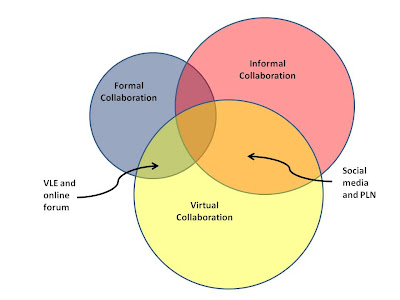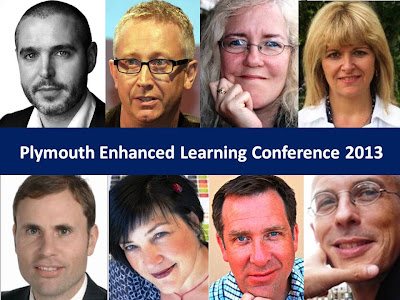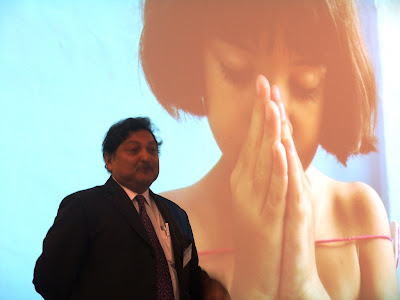Most games playing in schools is confined to a single classroom, and applied to a single subject. But with a little planning and resourcing, we can go a lot farther than this. We could conceivably apply a grand strategy to games that could play out across entire schools.
I remember an elaborate game we played when I was in school in the 1970s. All of my teachers were involved. The context is important for this story. I was in school on a military base in Holland, and my father was in the armed forces. We were living on a forward base in Western Europe during the height of tensions in the 'Cold War'. At this time, all children and their families lived in a time when nuclear war was a very real possibility. Although the threat hung continually over us and no doubt exercised our parents' minds, most of the time we kids simply got on with our lives.
The school set up a 'long game' which lasted several days, in which all of our British year group, along with the American, Canadian and German sections of the school, were assigned tables to sit at. Each table had a flag and name representing a country, and those of us on each table had to decide who would act as our head of state, foreign and finance ministers, diplomats, armed forces chiefs and so on. During the long game, scenarios were imposed upon us which we had to negotiate, in order to avert hostilities that might otherwise lead to a worldwide nuclear holocaust. It was engaging, thrilling and compelling, and we learnt a lot not only about politics, but also curriculum subjects such as mathematics (economic decisions), languages (negotiation through translation), communication skills, history and geography. We also practised a lot of transferable skills including leadership and teamwork (collaboration and co-operation), problem solving, critical thinking and decision making. This was learning by stealth, and we had a lot of fun during it. Pedagogically, it was a stroke of genius. Oh, and you'll be pleased to hear that between us, we managed to avoid destroying the world in a nuclear war.
One games theorist, - Bernie DeKoven - has something profound to say about games: "... whatever it is that you're playing, there are two things you have to take seriously: being together, and the sheer fun of it all. No game is more important than the experience of being together, being joined, being equal - governed by the same rules, playing for the same purpose. And no purpose is more uniting and freeing than the purpose of being fun with each other."
How often do we apply games on such a grand scale in schools? How often do we tap into the incredibly powerful method of engaging learners? Probably not that often, because it takes a lot of work on the part of the teacher(s) to conceive it, design it and then implement it in real learning contexts. And yet the pay off can be immense. And there are plenty of ready made games and gaming strategies already available for free. I would be interested in hearing from anyone who has done work with games across the curriculum at this level. If you have any games for teachers to use freely, then please share the links in the comments box below.
Photo by Nestor Galina

Rewired, not fade away by Steve Wheeler is licensed under a Creative Commons Attribution-NonCommercial-ShareAlike 3.0 Unported License.










